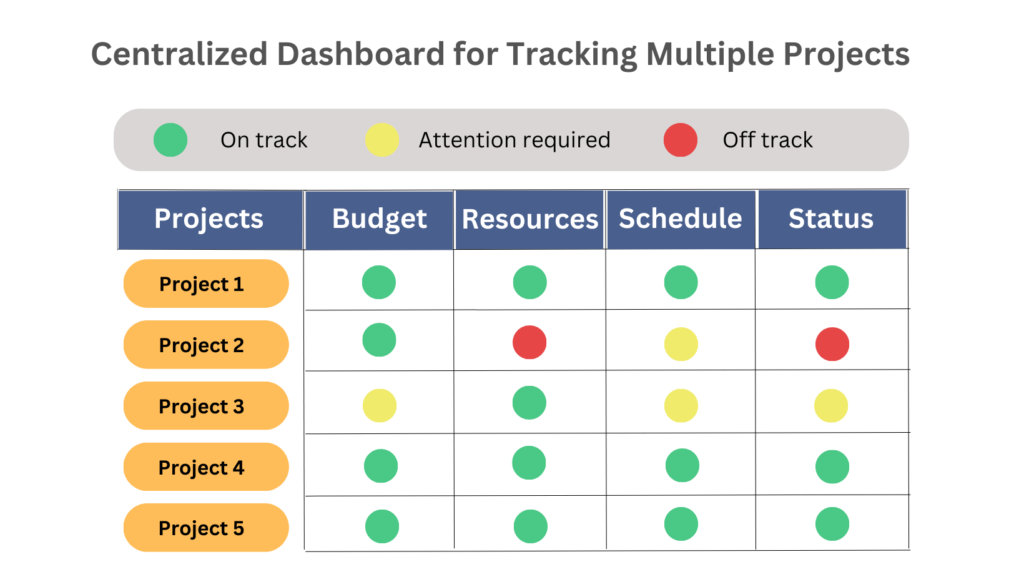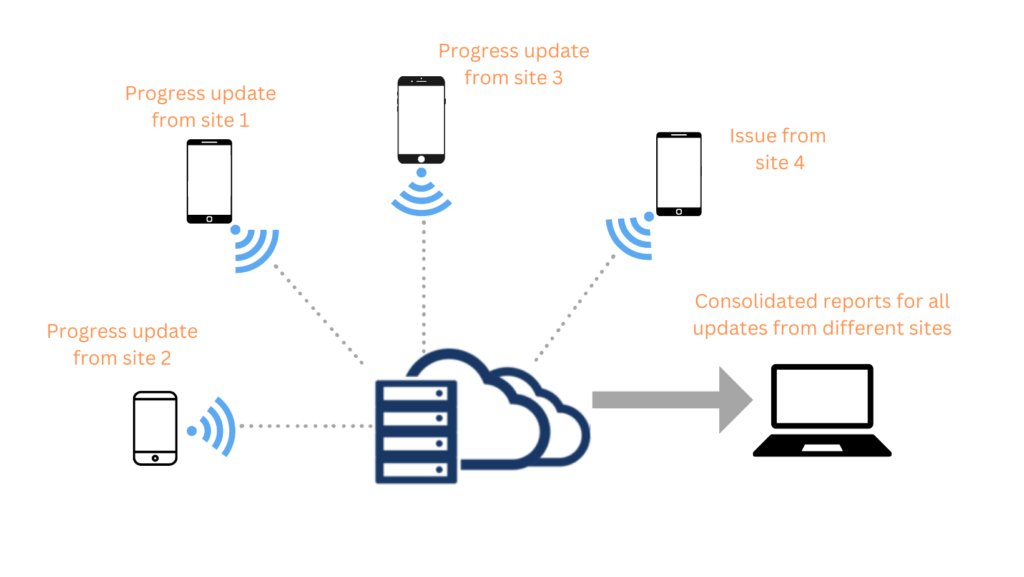Solar project schedule and progress tracking are crucial aspects of successful rooftop solar installations. However, project managers often face multiple challenges that can lead to inefficiencies, delays, and communication gaps, affecting project outcomes.
In this blog, we explore how this specialized software can empower solar project managers to overcome common challenges and pave the way for successful solar installations.
So, let’s get started.
Common Solar Project Schedule Obstacles
1. Multiple Simultaneous Projects:
Solar project managers often find themselves overseeing multiple projects. Each project type has its unique requirements and complexities.
The sheer number of simultaneous projects can make monitoring and coordination a daunting task.
Without an efficient tracking system, it becomes challenging to ensure that all projects are progressing smoothly and meeting their respective milestones.
Solution:
Solar Progress Tracking Software that enables integration with solar project management software offering a centralized dashboard to monitor all ongoing solar projects simultaneously. Project managers can track engineering design, material procurement, inventory status, installation progress, and commissioning updates for each site in real time.

2. Fast-Tracked Projects:
Solar projects, especially rooftop installations, often have relatively shorter timelines compared to large-scale utility projects. Multiple fast-tracked projects running simultaneously require meticulous planning, precise execution, and continuous monitoring.
Hence, project managers may face difficulties in keeping all projects on schedule. A delay in any one project can cause a domino effect, affecting the schedules of other ongoing projects as well.
This can lead to missed deadlines, customer dissatisfaction, and financial penalties for delays.
Solution:
Solar progress tracking software becomes crucial that allows for the effortless creation of schedules with pre-established dependencies. Additionally, sends daily email notifications if any planned activities deviate from their intended course, ensuring timely action to maintain project progress.
3. Standardization
One of the challenges in solar project scheduling is the lack of time to schedule, manage, and analyze each individual project in great detail, especially in the rooftop solar business.
As a result, project managers may spend more time creating schedules for each project, leading to delays.
Hence, achieving standardization in project execution becomes crucial to minimize project management efforts and ensure consistency across projects.
Solution:
A solar progress tracking software that allows such standardization of project activities, documents, BOQ, budget, schedule, etc. Ideally, it should enable you to create standard project management templates which can be readily used and edited only when required.
4. Disconnected Sites:
Rooftop solar installations are spread across different buildings and locations, making it difficult for the installation and commissioning teams to access real-time communication tools.
Moreover, traditional methods like emails and messaging apps may not be efficient for tracking progress, issues, and updates from disconnected sites.
As a result, it can be difficult for project managers may find it challenging to maintain accurate records and monitor progress effectively, impacting the overall project performance.
Solution:
A mobile-friendly solar progress tracking software that allows you to share progress updates, issues, and relevant documents directly from mobile even from low-connectivity areas.

Key Features of Solar Progress Tracking Software:
- Centralized Monitoring: The solar progress tracking software provides a centralized platform for project managers to monitor multiple rooftop solar projects in real time. This streamlines project oversight and ensures prompt action in case of any deviations from the planned activities.
- Fast-Tracking Capabilities: The software enables project managers to create schedules with pre-established dependencies, perfect for managing fast-tracked projects. Daily email notifications keep the team informed of any schedule changes, ensuring projects stay on track.
- Standardization Support: Solar progress tracking software allows for the standardization of project activities, documents, budgeting, and scheduling. Project management templates can be readily used and customized when needed, enhancing efficiency and consistency across projects.
- Mobile-friendly: With mobile-friendly features, the software facilitates communication and data sharing from disconnected sites. Teams can share progress updates, issues, and relevant documents directly from mobile devices, improving collaboration and reducing communication gaps.
- Real-Time Progress Tracking: Solar progress tracking software offers real-time progress tracking, ensuring that project managers have up-to-date information at their fingertips. This empowers them to make timely decisions and address issues promptly, minimizing delays.
Conclusion:
Effective solar project scheduling and progress tracking are essential for successful rooftop solar installations. However, project managers face multiple challenges while doing so.
Solar progress tracking software can be helpful in overcoming these common challenges in rooftop solar projects. It helps project managers efficiently monitor multiple projects, handle fast-paced timelines, ensure standardization, and improve communication.
By using this powerful tool, solar project managers can achieve smoother project execution, and timely completion, and contribute to a greener and more sustainable future.
